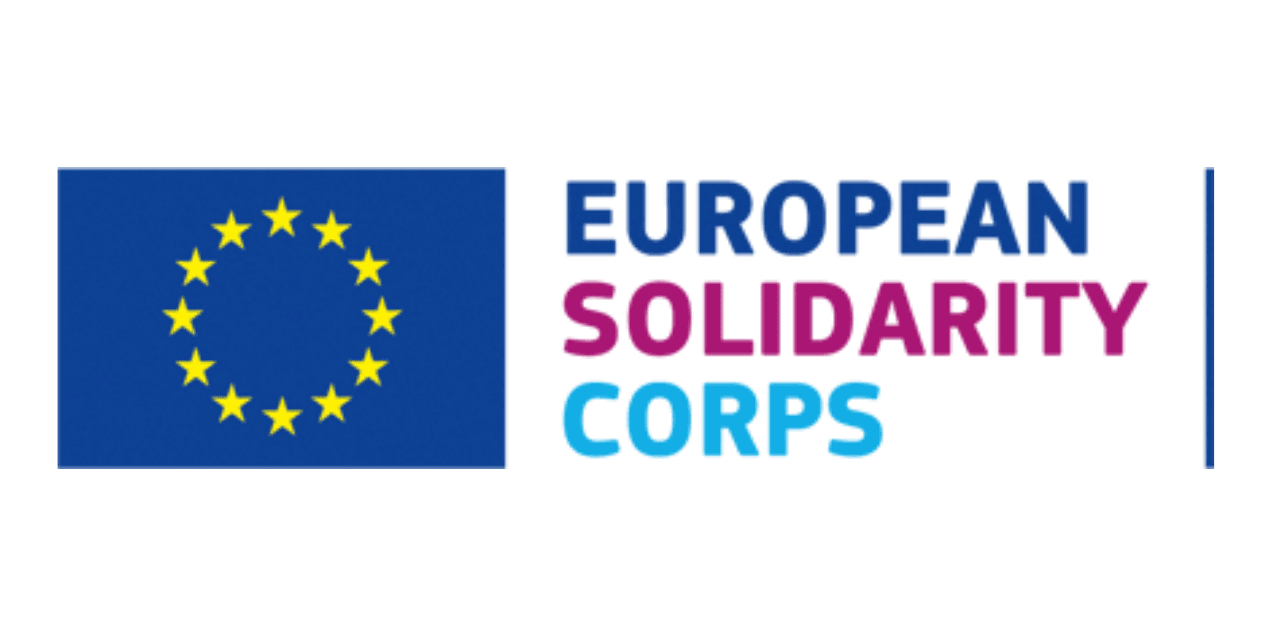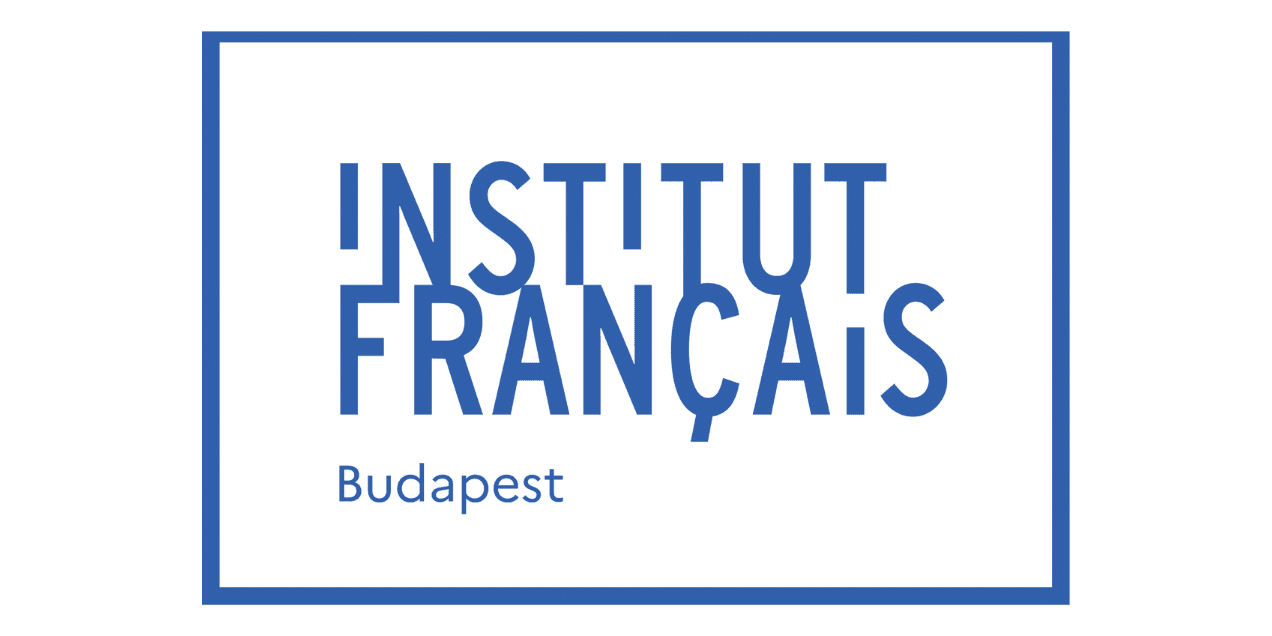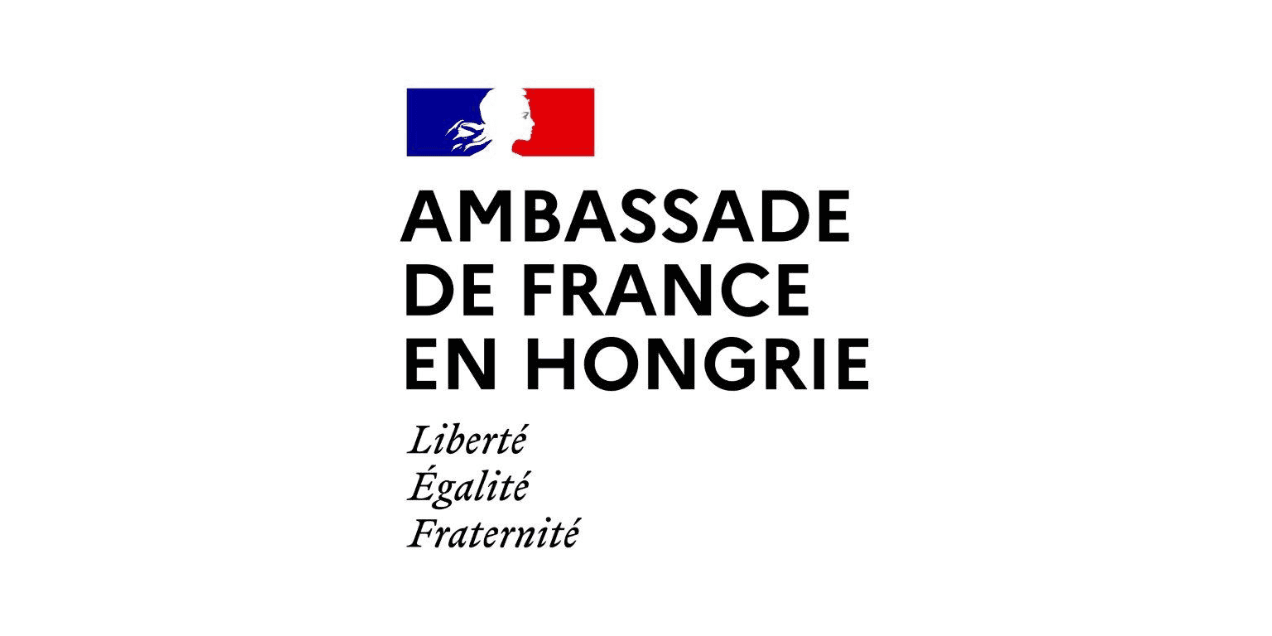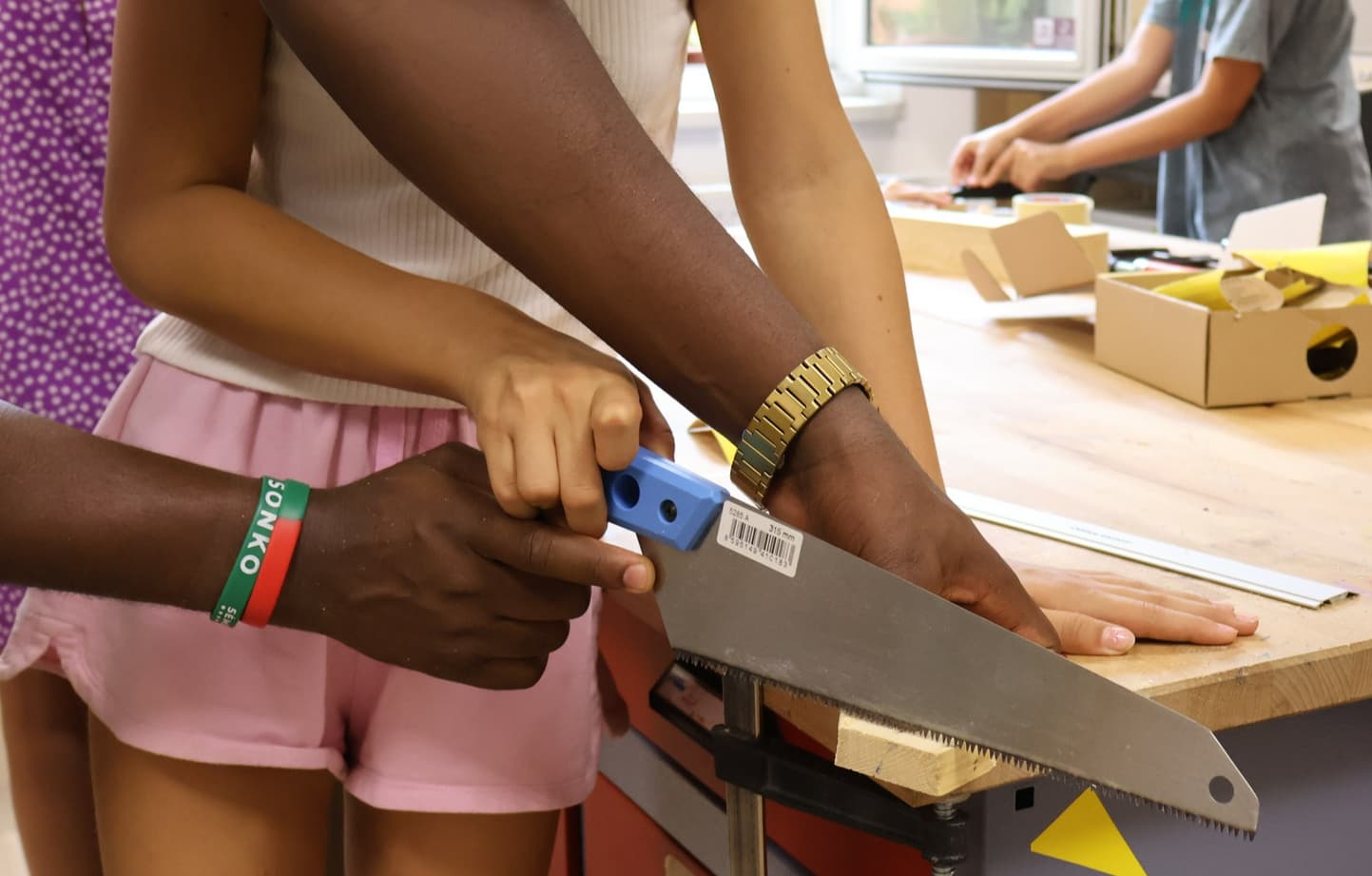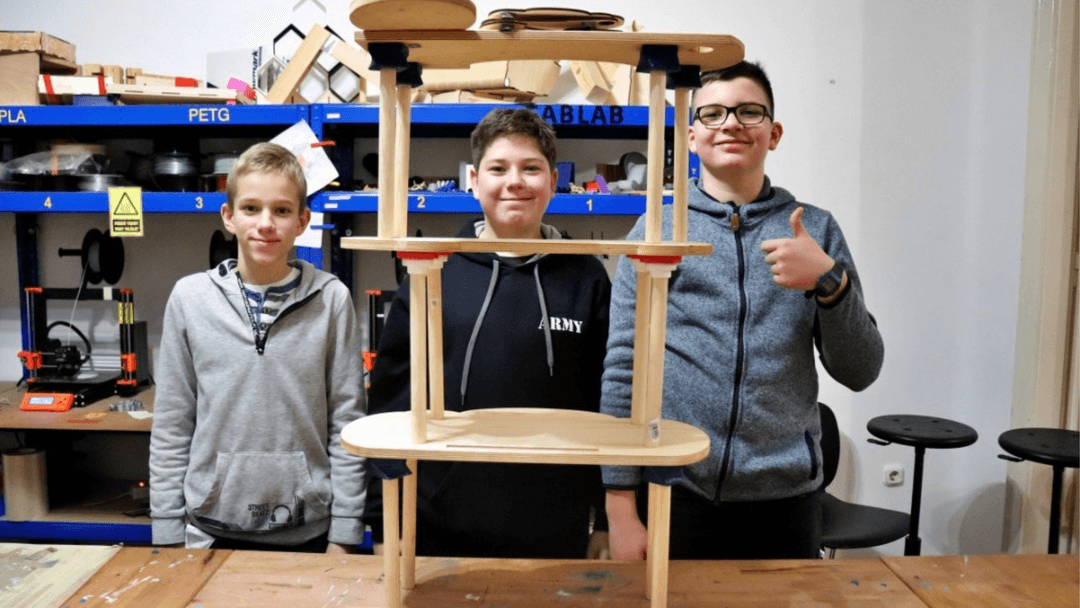Why is it a good idea to work with international volunteers and how does this help your organisation work with children?
Together with Terre des Hommes, we have now run several summer camps, where we work together to make the days better for children who have been forced to leave Ukraine. One of these was the camps in July and August 2024, where volunteers helped the organisation in various ways, from running the programmes to playing with the children.
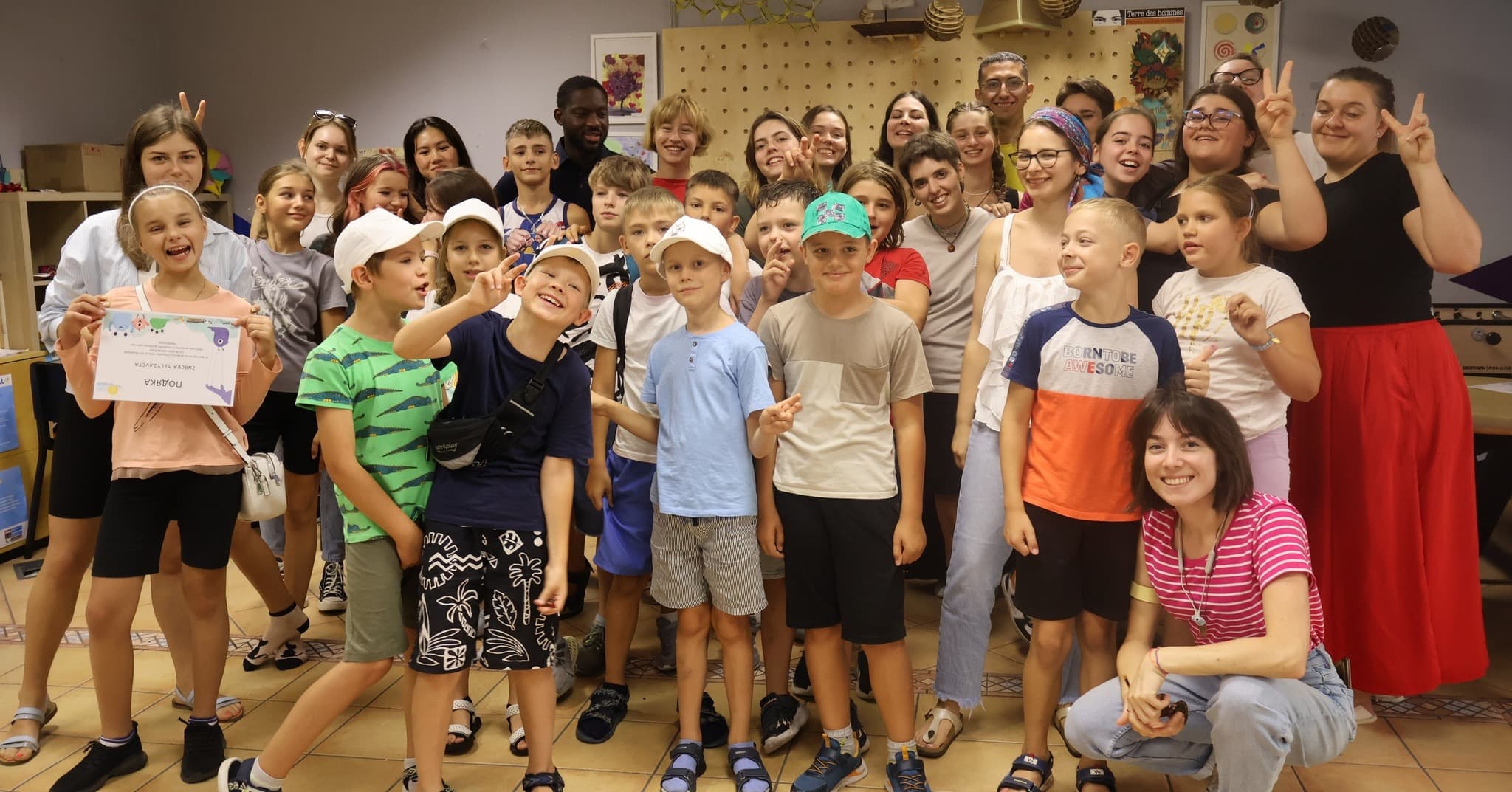
What is an INTERNATIONAL VOLUNTEERING CAMP?
In international volunteer camps, the coordinating organisation (in this case, Egyesek) connects the host organisation (in this case, Terre des Hommes) with 10-20 young people from abroad who are enthusiastic, open to other cultures and, last but not least, willing to help by volunteering in another country. Young people aged between 18 and 30 choose the organisation and its programme from a range of camps, so it's certain that those who come will not only be able to plunge into the exciting unknown, but will also be interested in the subject matter and will be able to contribute extra knowledge and background to the organisation's work. In addition, of course, the host organisation, Egyesek, had to select from over seven hundred applicants those who best fitted the project.
How the volunteer camp takes place
This year's summer camps again saw volunteers draw on their different experiences and backgrounds to bring a sense of diversity to the camp days. On more than one occasion they brought games and programme ideas to try out with the children. Despite the language difficulties, the fact that they were often able to work with the campers individually or in small groups was a great plus for both the children and the team.
Volunteers helped with the running of the programmes, the meals, the excursions, and also with creative tasks such as making name tags and designing hats together with the children.
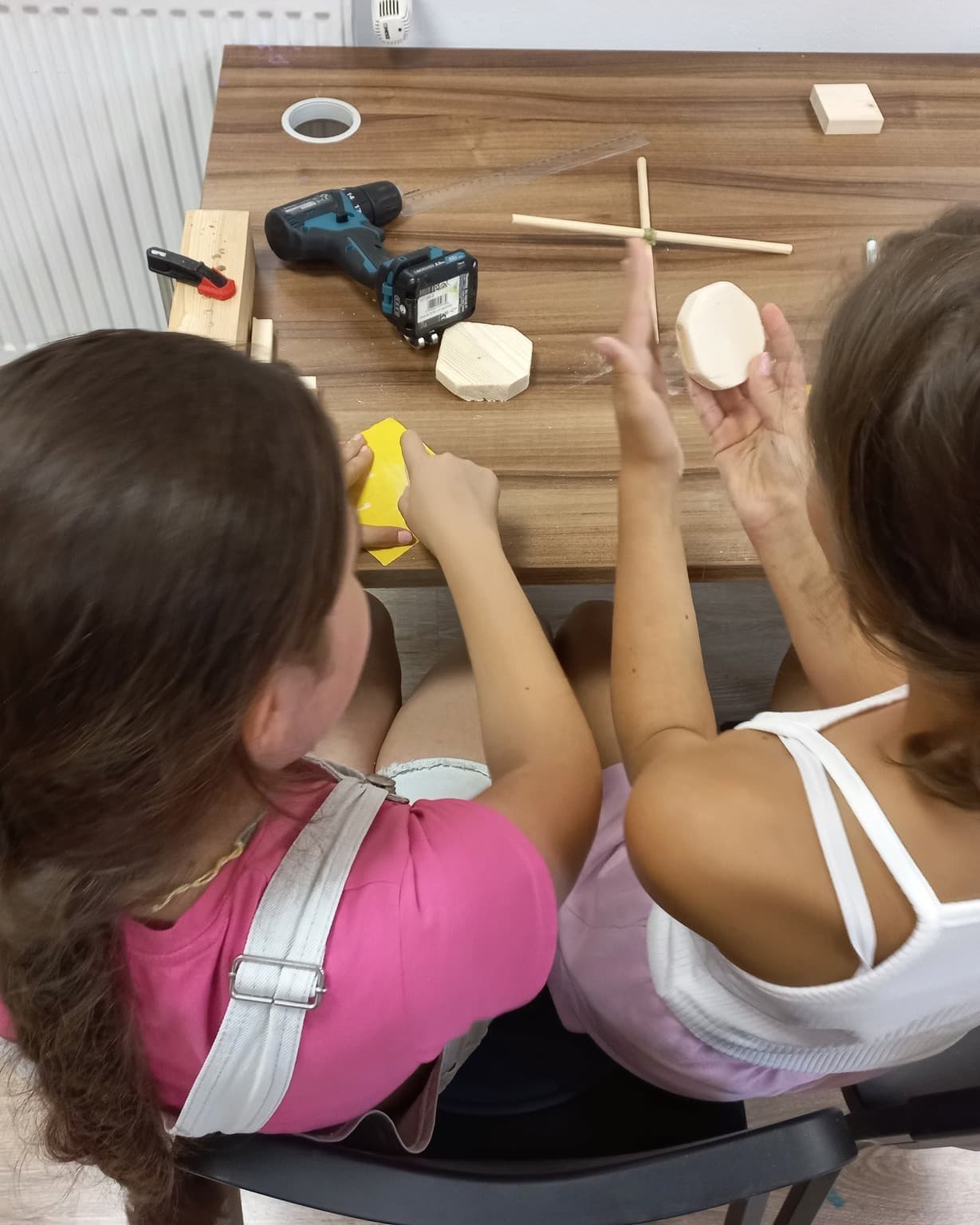
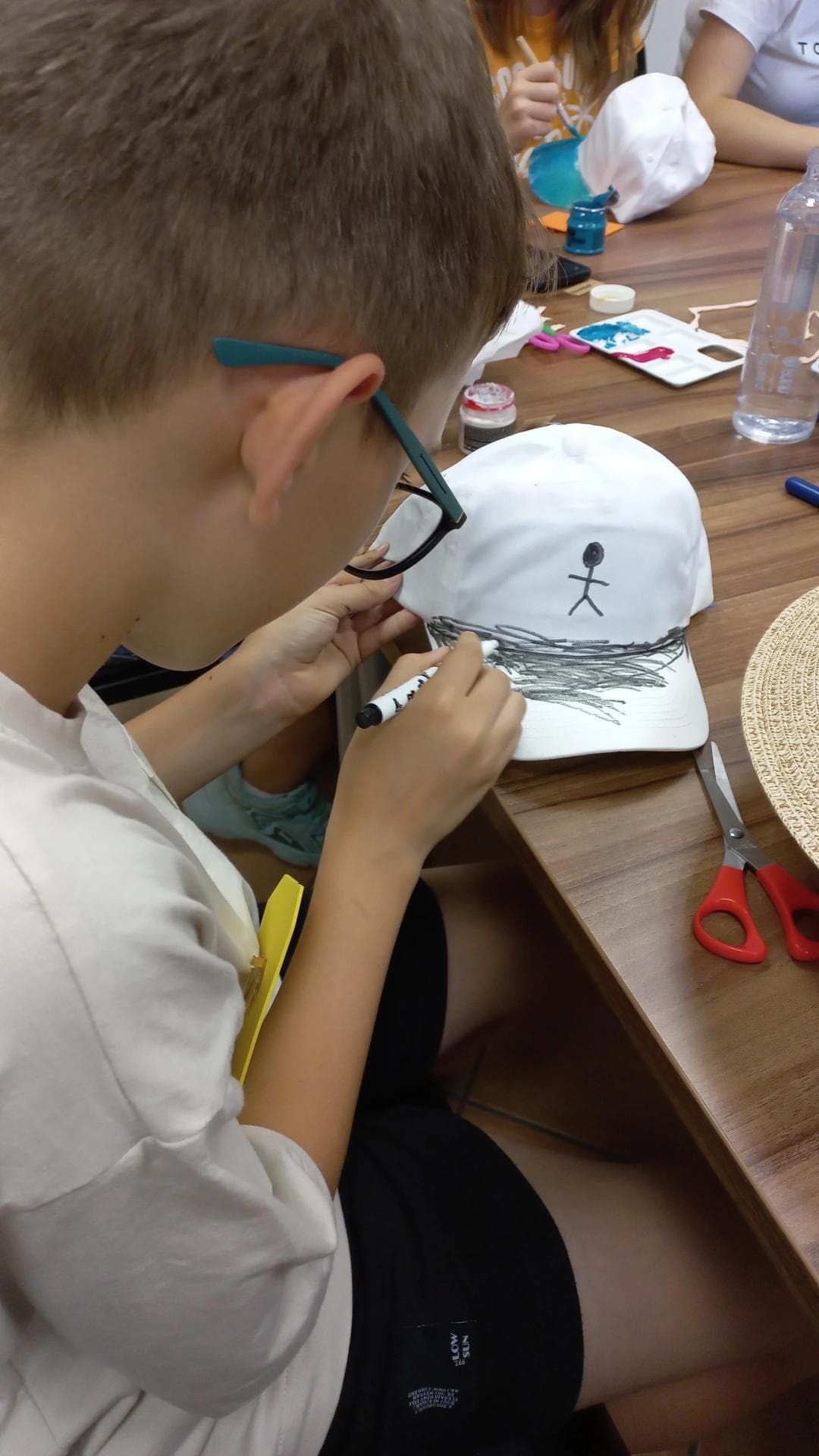
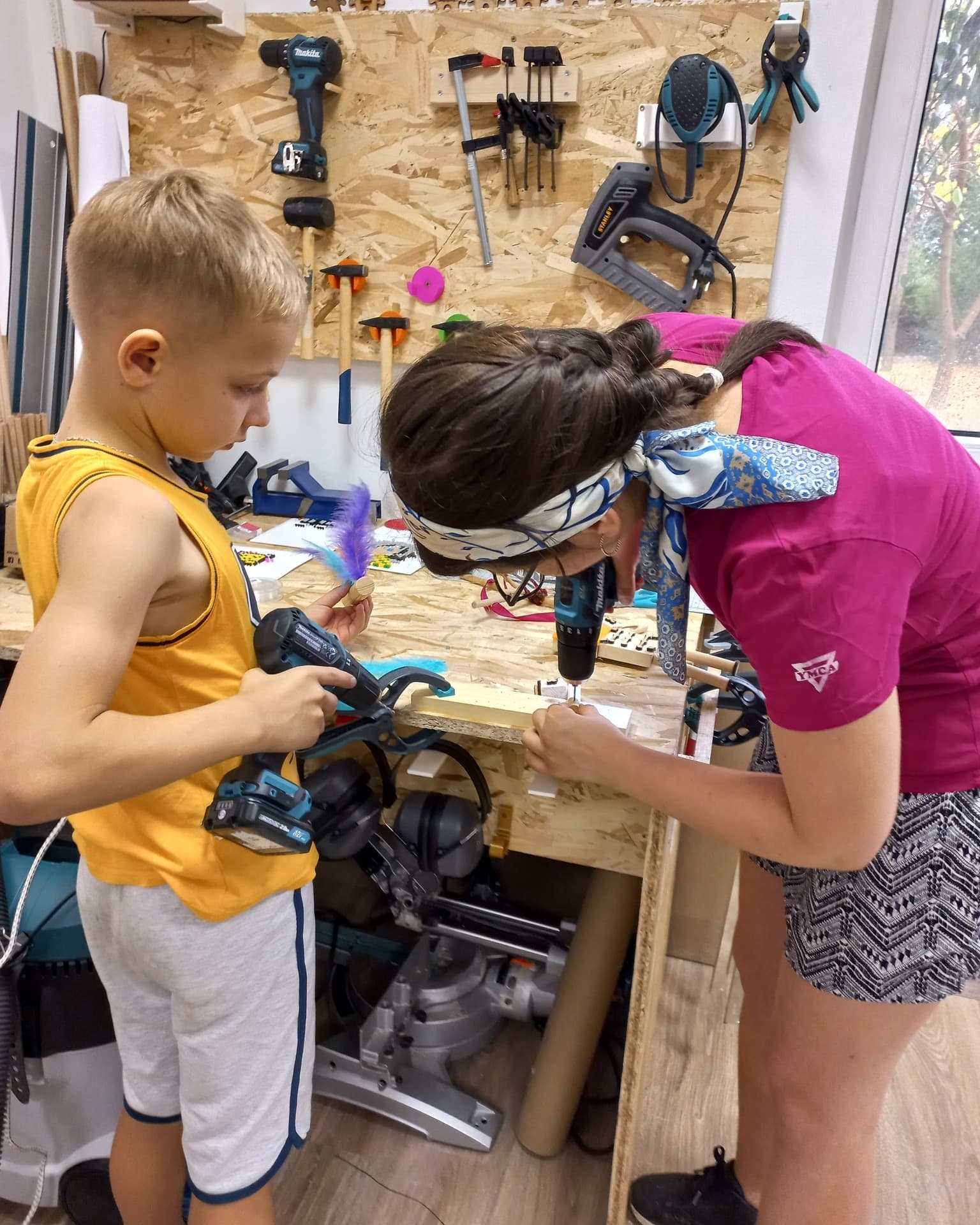
"The agenda for both camps focused on a project where the children created something based on their imagination. In Budapest, this meant making a handmade toy of their choice, some drawing and painting, others helping with physical work, drilling and carving."
- said one of the camp leaders
So volunteers supported the work of TdH while having fun themselves. Being involved in even the simplest things, such as playing cards with the children, is a huge reward for all participants, parents and organisers.
During the two-week camps, volunteers usually contribute to the work of the organisation by spending 4-6 hours a day intensively doing tasks, but they also stay together after the programmes, have the opportunity to get to know each other and, with the help of the camp leaders, reflect on the day's achievements and process the experiences.
One of the camp leaders, Irina, put it this way:
Volunteers felt secure in the environment, regular reflections helped us process our experiences and emotions. These sessions provided a space to share and discuss our thoughts and feelings, which was crucial for our well-being. Without these opportunities for reflection, the experience might have been overwhelming.
Who helps the host organisation?
The host organisation does not have to coordinate and train volunteers on its own. You can apply to be a camper or a camp leader, either from abroad or from Hungary.
Usually, each camp has a technical camp leader provided by the host organisation, whose job it is to introduce the tasks, organise what needs to be done when, and generally take care of everything related to the organisation's work in the camp. The technical camp leader is an important support to ensure that the volunteers can help in a meaningful way, with tasks and in a way that is really useful for the organisation. But also a great help for the technical camp leader is the group dynamics camp leader who helps to distribute tasks and coordinate the group so that the young people can develop into a real community during the two weeks. After all, working together towards a common goal is essential, and work is better done in good company!
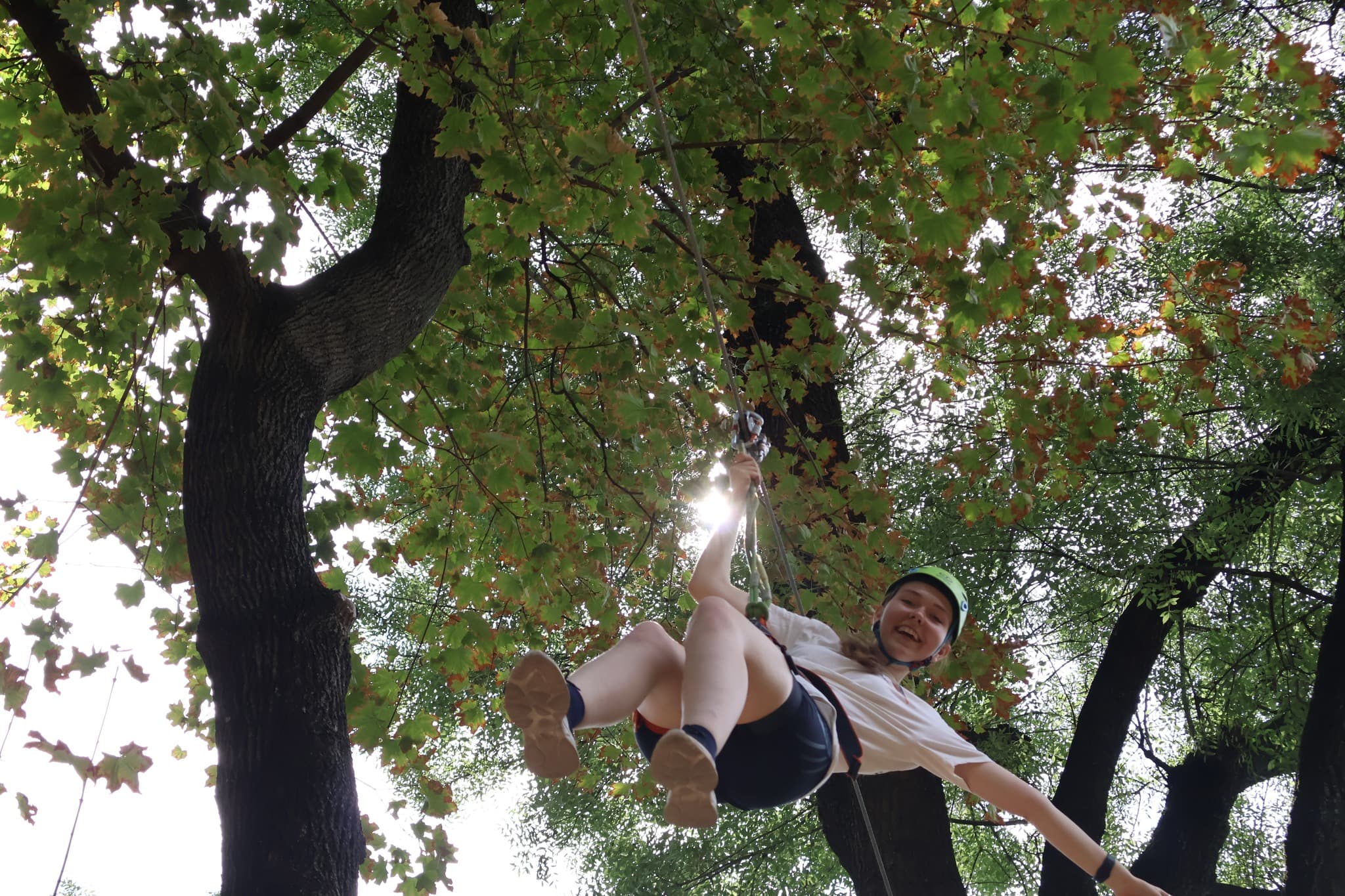
according to the camp leader:
The moments spent together as a team, especially during the evenings, allowed us to bond and appreciate the shared and fun experiences, such as sightseeing in Budapest, watching football in a street bar, and engaging in late-night conversations.
The group dynamics camp leader is not only in charge of organising the volunteers and the community-building activities that strengthen the dynamics, but also needs to create space for reflection, so that both the organisation and the campers can share their opinions and feelings about the project, to make the time together even smoother.
The sending organisation of course supported the volunteers in going out and later reflecting back home. In addition to announcing and advertising the project, the sending organisation also sought out, selected, trained and supported the volunteers, providing them with the right support (accommodation, meals, logistics) so that they would not miss anything during their stay.
How do volunteers contribute to the life of the organisation?
During the intensive two weeks, volunteers can bring a lot of new perspectives and inspiration to the host organisation, as well as introducing children to new cultures and languages.
What can volunteers do to help during a camp?
Volunteers play an important role in the success of a children's camp. They help to supervise the children, giving camp leaders more time to organise the camp. With an extra pair of hands, children can be in a safer and more balanced environment. The presence of volunteers allows children to get more attention, whether in small groups or individually. This way, camp leaders can be sure that they can respond appropriately to each child's needs.
Why is it good for children to meet international volunteers during a camp?
Volunteers give children the opportunity to experience other cultures first-hand. Volunteers come from different countries, so they can bring new programme ideas, games and methods to the camp, enriching the camp experience. In this way, children become more open to the world and learn to appreciate cultural differences and similarities.
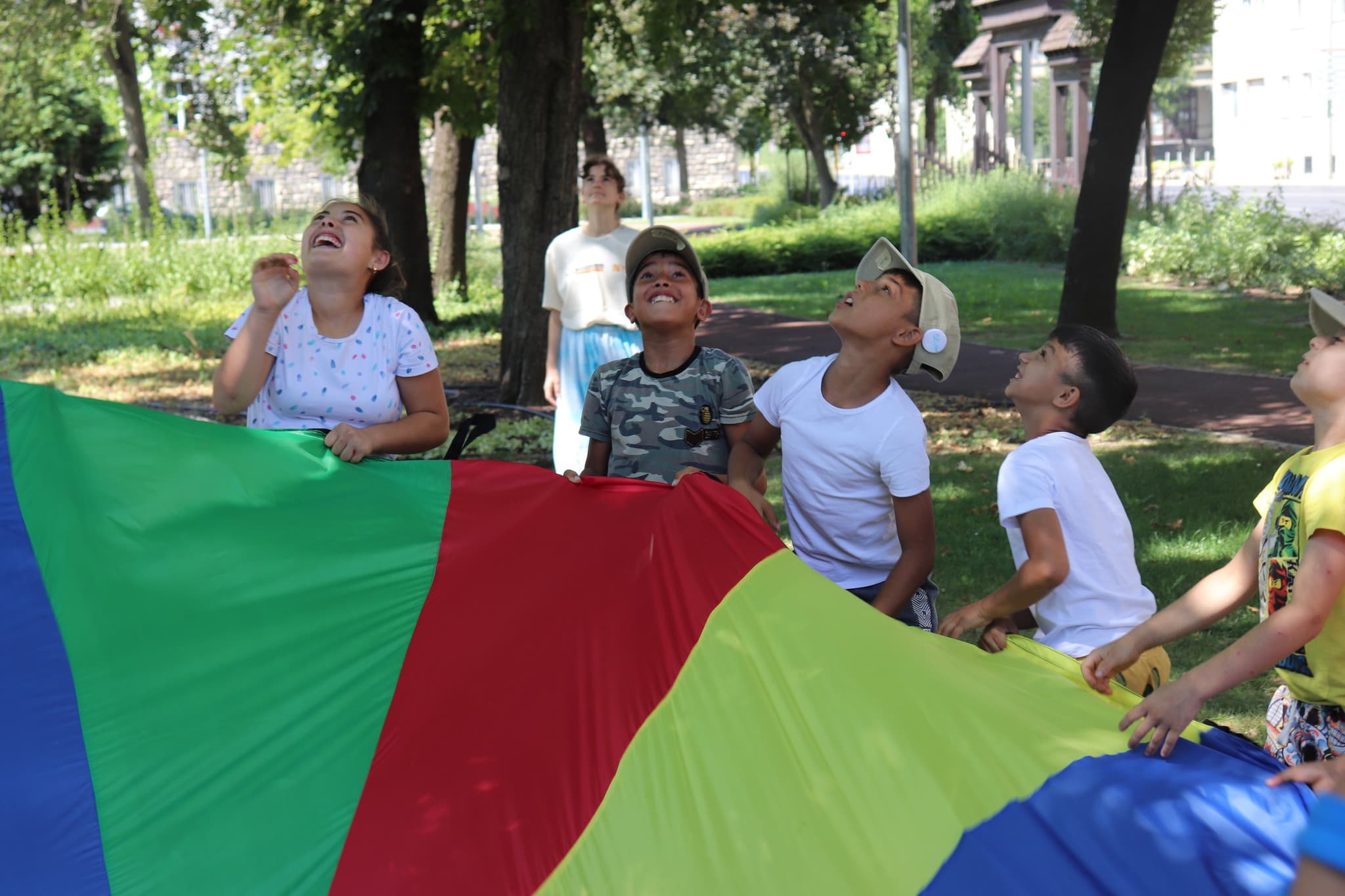
And some more feedback from colleagues from the camp:
The presence of the volunteers was very useful, not only because we always had someone for the children to play with, but also because they could keep an eye on safety and help with the escorting of the children on the outside activities. It was also a great relief to have them help with the food distribution and cleaning. These were all small things, but they added to the quality of the programme, as I didn't have to load the dishwasher, for example, when there was a group task."
"It was really nice to see that in the second camp one of our volunteers paid special attention to a child who had difficulty fitting into the group because he was being excluded. By spending more time with him, she helped him feel more confident and comfortable at camp.
The camp was a defining experience for both children and volunteers, where they were able to connect with a person from another country and culture despite language barriers, and to make a home in a foreign country within the protective bubble of the camp during the two weeks.
This is how the camp leader assessed the time spent:
Participating in these camps has been a profoundly enriching experience, both in terms of working with children and collaborating with others. We learned that children primarily seek care and attention. Despite any language barriers, they respond positively to the energy and time we invest in them. The key to connecting with them was not language but our behavior and devotion.
In conclusion, these two weeks were transformative.
If you're interested in the details of the camps and want to see what happened, you can click here to view them.
SUPPORTERS
The camps mentioned were ESC supported.
ESC stands for European Solidarity Corps, a European Union programme under which young people can receive support for projects abroad (volunteering, youth exchanges, etc.).
Find out more about ESC.
In addition, the RIF camps were supported by the French Institute.
